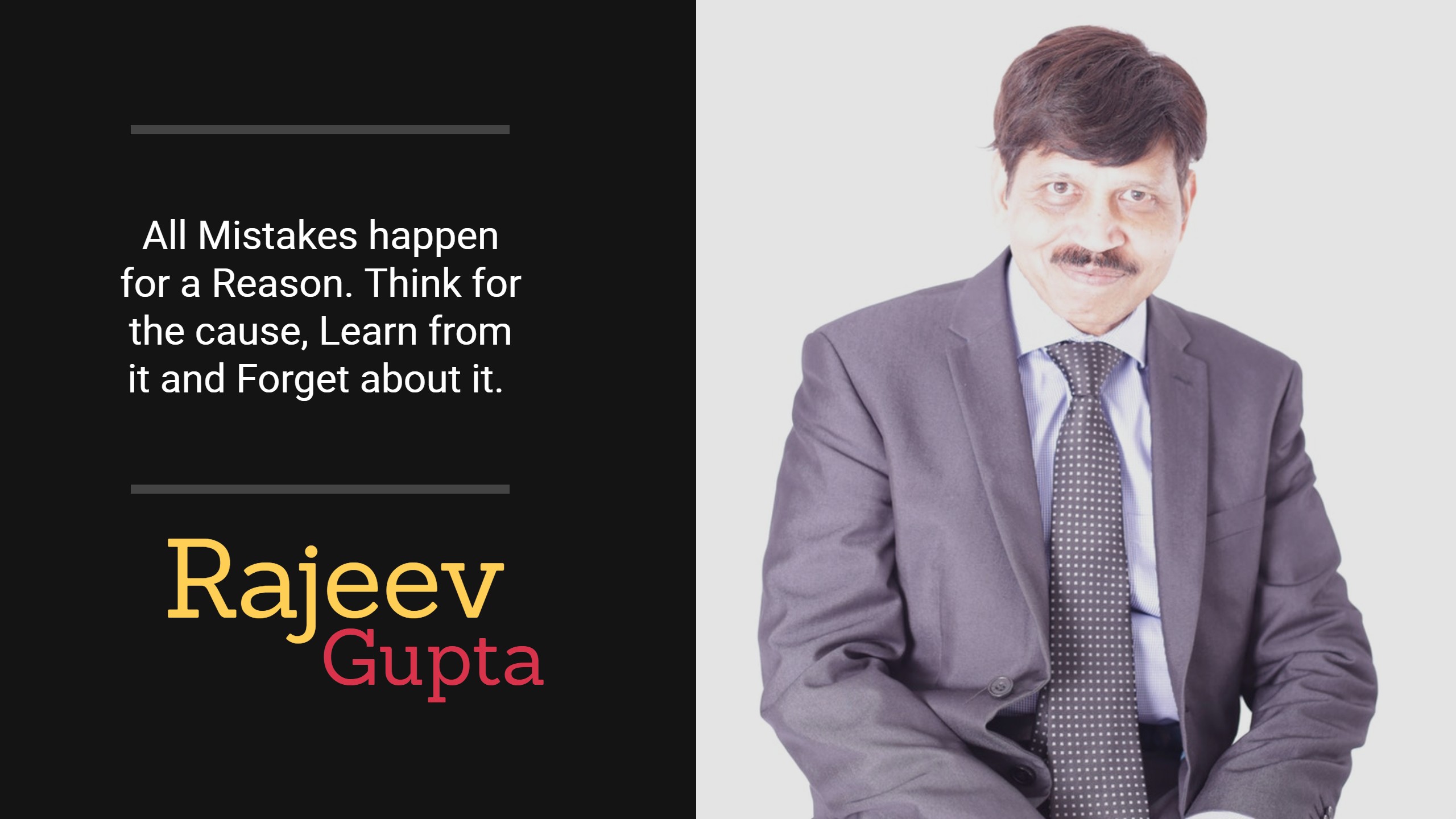The authority exercised is a kind of legitimate power and people follow figures exercising it, because their positions demand so irrespective of the person holding the position. Leaders in organizations and elsewhere may have formal authorities but they mostly rely on the informal authority that they exercise on people to influence them . Leaders are trusted for their judgment and respected for their expertise, integrity etc and hence followed and not because they hold a certain position. For e.g. M.K. Gandhi for most portion did not hold any official position to lead the Indian liberty struggle.
It is also important to understand that a formal authority and power arising as a result of it, might not always be able to influence people in the desired manner as; in times of crisis and difficulties people view it as coercion. On the other hand leadership tends to create adherents out of free will and choice without forced into to accept anything thrown their style. Authority rarely offer a scope for feedback, constructive criticism or opinions of the person or persons on whom it is exercised however leaders provide ample platform to their followers to voice their thoughts and feedback.

When dealing with adults, the sole use of authority to direct and discipline them hardly works, leadership provides a better approach of sharing and involving thus building rapports with followers and creating long term relationships. Authority can hardly make people  change their the behaviours and behaviors with lasting consequences and outcomes however a leader inspires followers through ego modeled routes and hence leadership displays greater effectiveness in addressing attitudes and behaviors of people.
change their the behaviours and behaviors with lasting consequences and outcomes however a leader inspires followers through ego modeled routes and hence leadership displays greater effectiveness in addressing attitudes and behaviors of people.
Exercising authority sometimes limits the approaches to arrive at solutions for issues and problems while leadership encourages people to look beyond the obvious and think innovatively and sometimes emerge with revolutionary solutions.
Apart from it, the biggest difference between the two as cited by Stephen R Covey is the moral authority held by leaders over the followers which is absent in the case of power from authority. Within the organizational setup when leaders also have moral authority on their subordinates by establishing a synchrony in their words and actions; the rest of the structure and processes of the organization also get aligned to it, thus creating a robust and transparent culture.
Authoritative way of running also fosters individuals to work in silos while in the organizations of today; the leaders need to have a full picture and coordinate with other functions and departments as and when necessary. It is indeed difficult for mangers and leaders to move out of their circle of authority and coordinate and interact with external people. However the need of the hour and the guys more efficient approach to leadership and management is when leaders come out of their comfort zone and be removed from exercising authority on a small group to leading the entire organization.